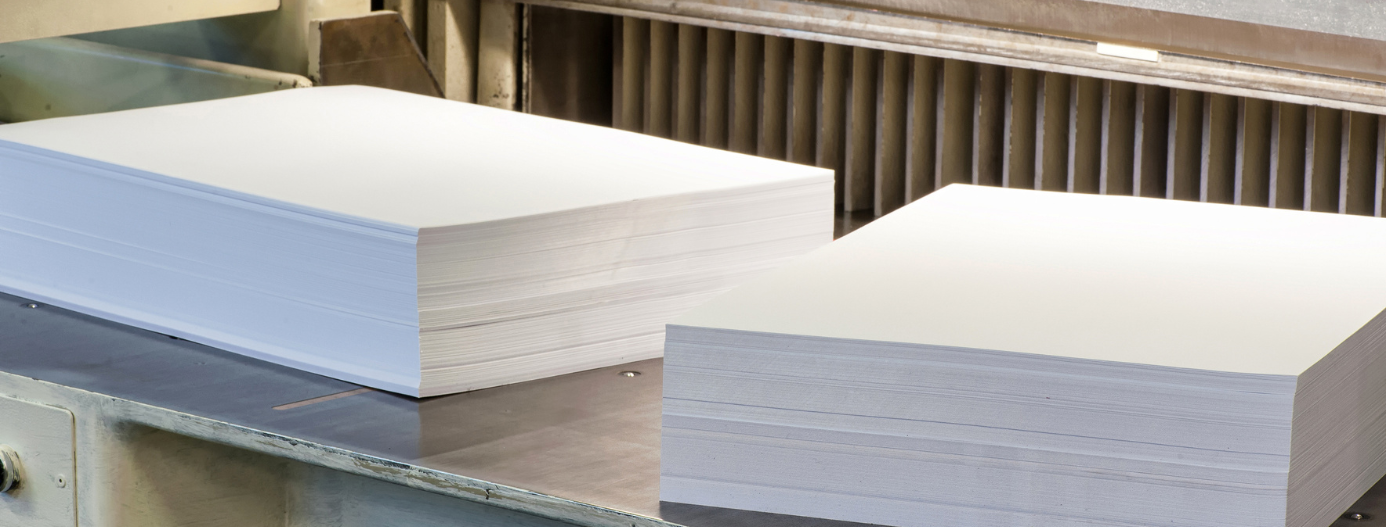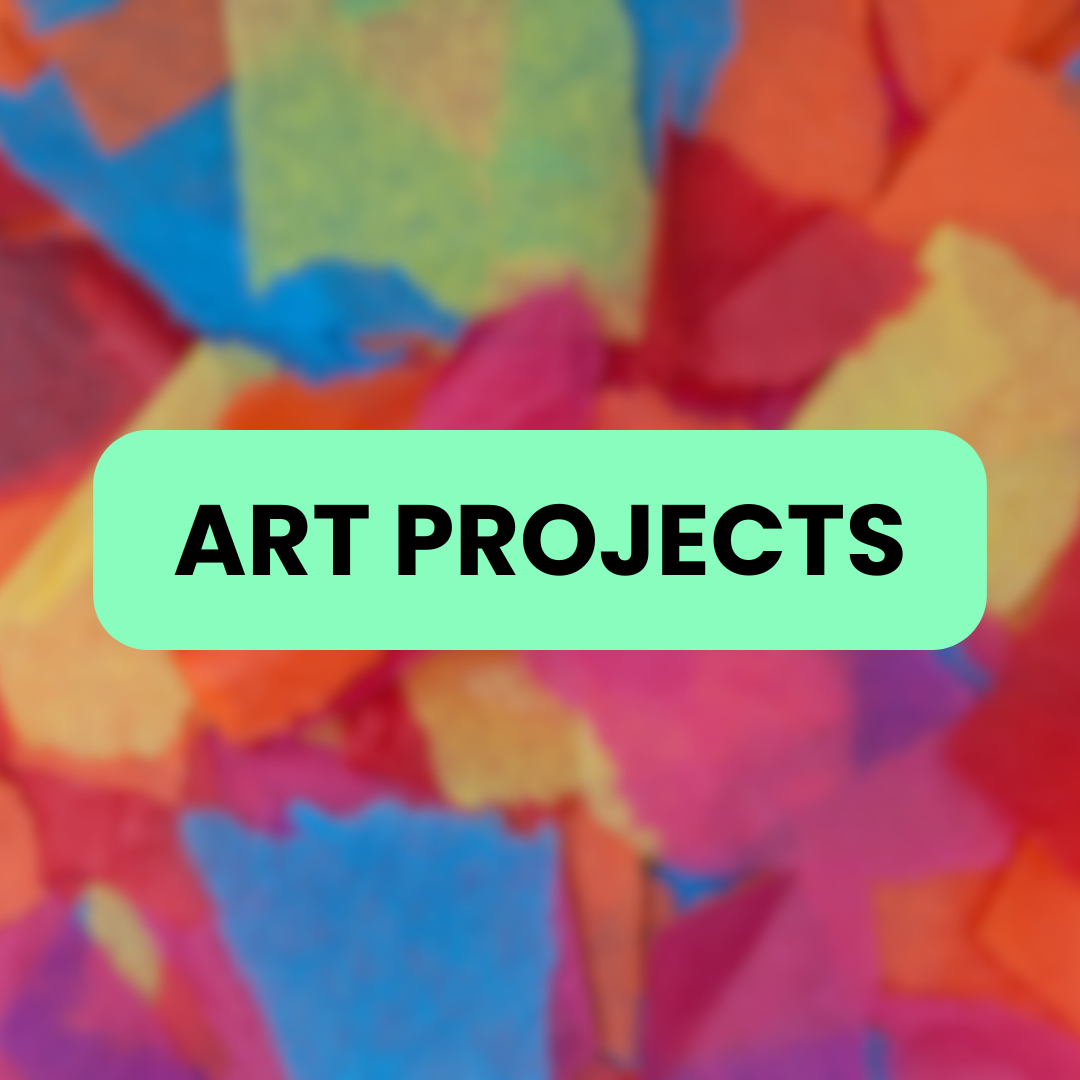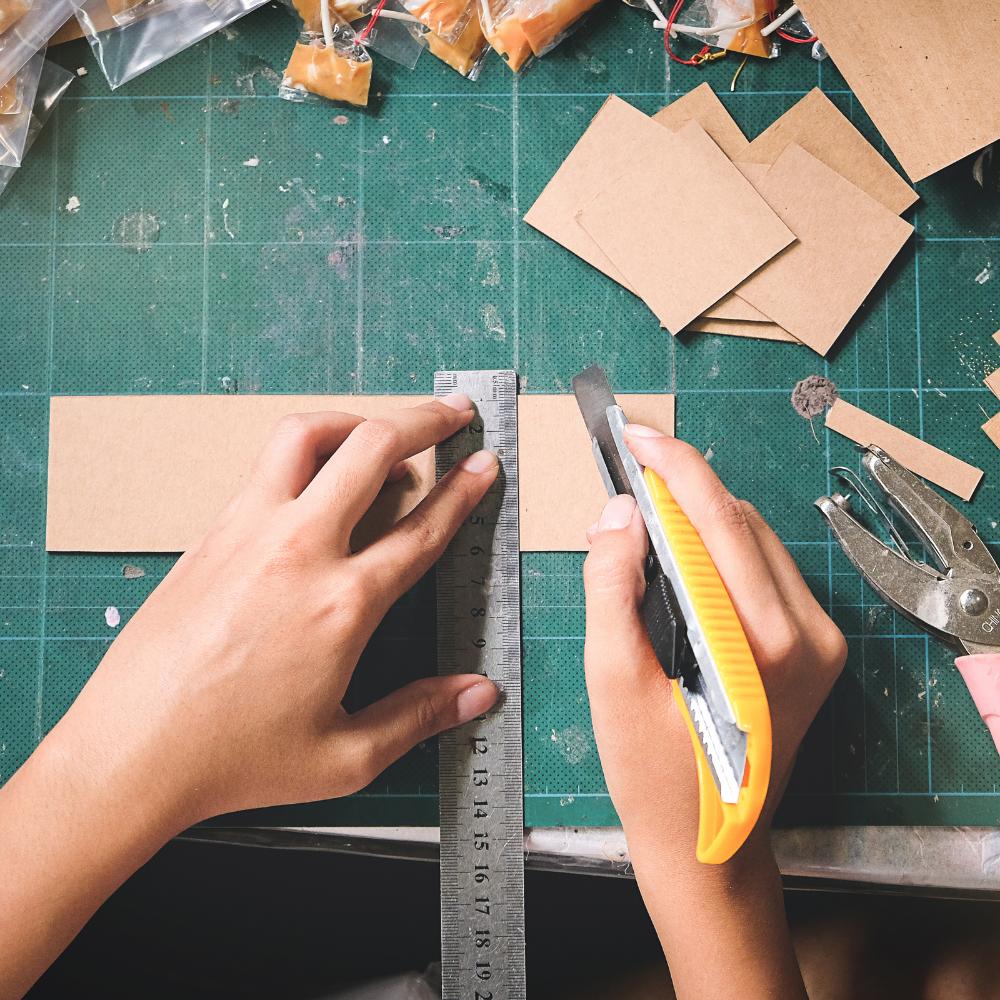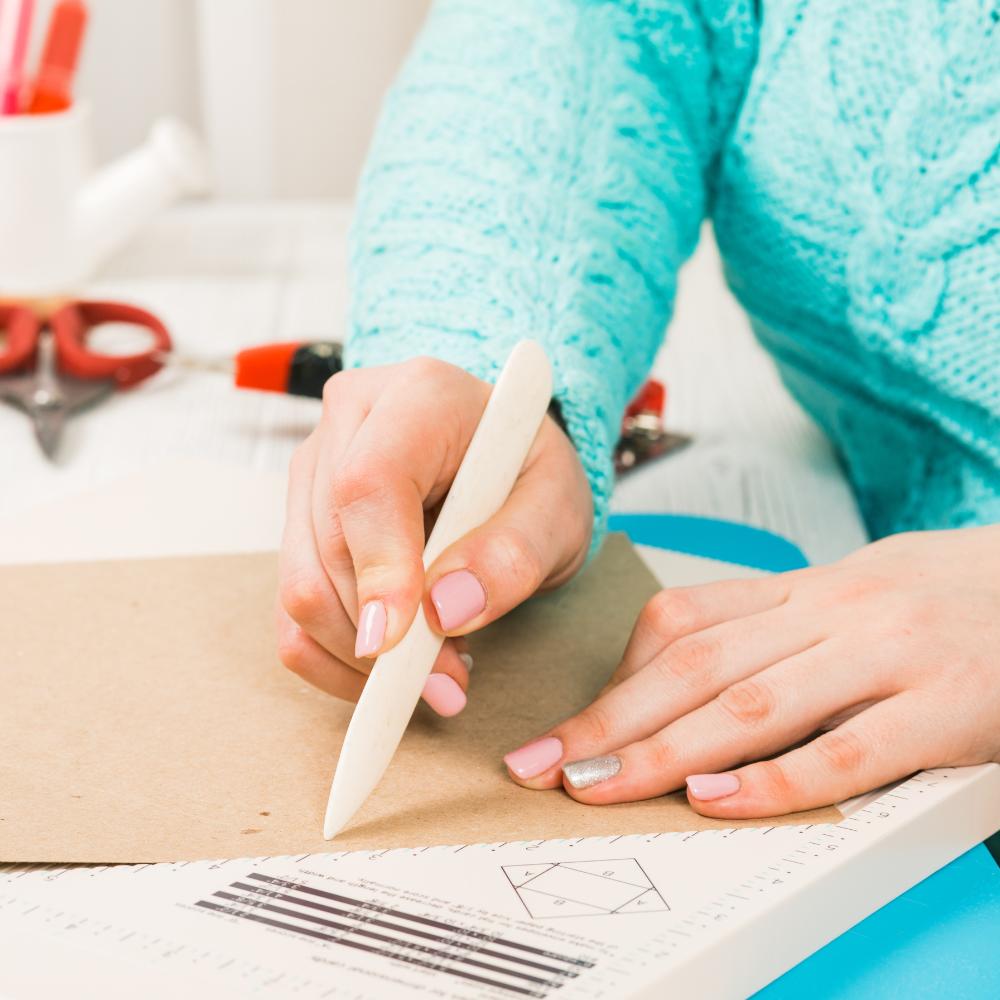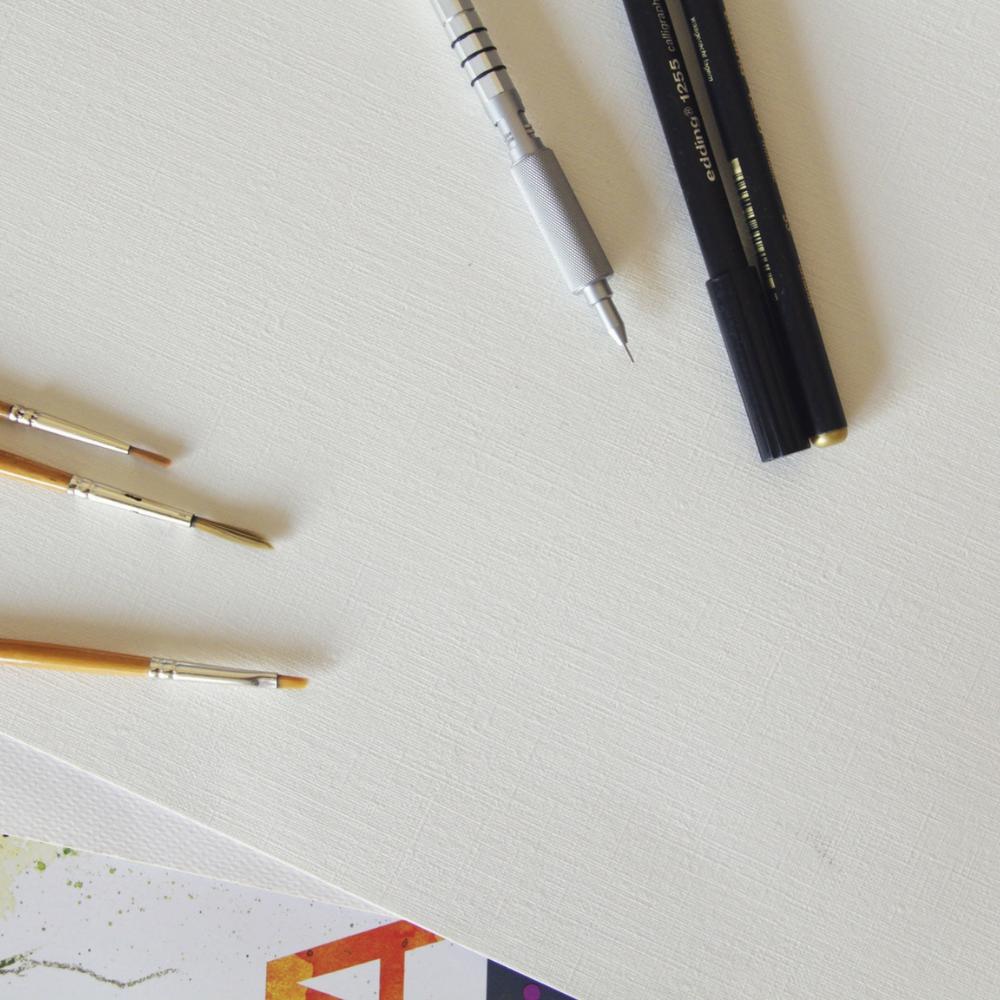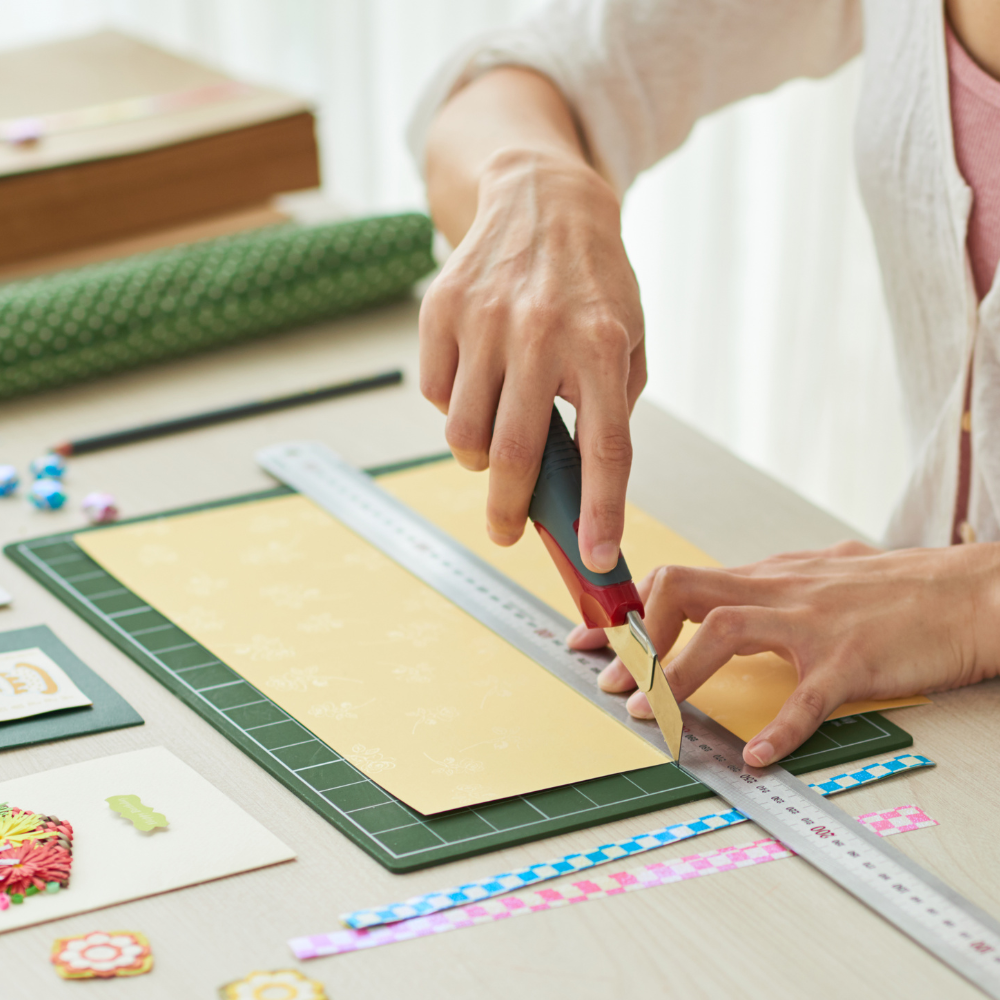How Does Paper Help In Learning
The invention of paper had been one of the most remarkable inventions in history that paved the way to multiple new avenues. The only reason that we have been able to reach multiple milestones of innovation, advancement and discoveries, with the paramount role of paper in all of it.
But with every passing day we are able to switch to digital formats and mediums as screens become omnipresent, the paper may look like it’s slipping out of sight. The computers have been taking over different aspects of our lives and workspaces, and possibilities of using paper may appear to be reducing.
At ThunderBolt paper, we are always looking at finding out more ways that paper impacts all of our lives, and what better way can there be other than exploring education. Here are a few ways that the paper has irrevocably impacted education, as follows.
Paper made education possible
Paper was one of the most important inventions for education because only when books were printed at a large scale that people were able to learn how to read or write. Earlier, books were available only for royalty because of the high cost and rarity of parchment paper. As soon as plant based paper was made, books were printed and were able to reach even the common folks, making education accessible to everyone.
It was the same invention of paper that also allowed the world to share information easily with each other, helping shrink the world to the size of a village. Because of the easy process of manufacturing paper from plant based raw material, paper was at the very basics of the scientific and artistic advancements of the world.
Acts as teaching aid
In the form of notebooks, colored paper and books, paper has been of paramount importance to the education and learning system. We have a tenancy to learn things by reading, memorizing, and recalling with the usage of paper.
In fact, our brain stores and processes information differently when we use our hands and paper to write down our inferences as a concrete cognitive process. Writing and reading on paper are a completely different process as compared to digital reading or writing, as more students are able to understand, summarize and recall their lessons better while using books and paper for writing.
Allows display and discussion of ideas
There are so many things that we understand better when we include writing, drawing and modifying information that we learn. Many students report learning things better when they are able to include paper and writing as compared to learning on a screen.
Even though both digital and print mediums have their own significance in the learning process, you may not be able to completely remove paper based learning systems simply because there has been a lot of advancement in the digital field. Education will always have one part or another completely rooted with notebook writing or even scribbling.
Hold attention and focus
Subjects that require drawing diagrams or calculations taking over digital means to learn may not be as effective as picking up a pen and paper and doing it hands on. A book can hold your attention much better than a screen while helping you understand each word and part of the information important by the text.
Reading an ebook on the other hand can be not only distracting with hyperlinks and embedded meanings, but the bright lights of digital readers or screens can strain the eyes and the reading process itself.
You may even notice that we tend to read faster while reading on a screen because the brain adapts quickly by skimming through the information on the screen while reading on a book is a much more engrossing process with very few distractions.
Allows engagement with craft
If reading and writing was not enough testimony for the role of paper in education, paper allows creative and artistic display of ideas on paper as art is beyond comparison. With art and paper craft, we facilitate creativity and imagination into our education process, which may not be the same experience with the digital mediums at all.
Art itself is dependent on paper in many ways, making it an indispensable part of creative learning and developing imagination in learners along with the regular education process.
In the end it may be an excellent idea to incorporate digital methods for learning, but it may not be possible yet to completely replace paper from the education or learning process. Have you ever found yourself learning something better on paper than on a screen? Tell us in the comments below.




